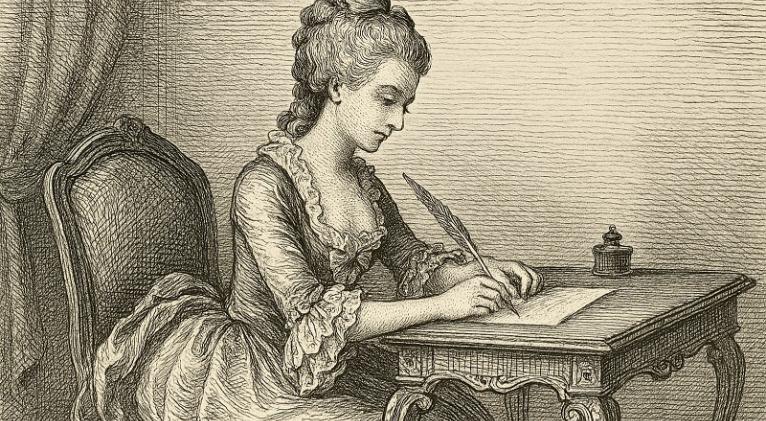THE LIBRARY: (Very) Dangerous Friendships
especiales

Les Liaisons dangereuses, by French author Pierre Choderlos de Laclos, has sometimes been viewed as a novel disconnected from the main social and political tensions of its time. However, a closer reading reveals a sharp and devastating portrait of the decline of the aristocracy in 18th-century France. Through carefully crafted intrigues, the novel exposes a social class trapped by its own prejudices, engaged in the frivolous game of power, devoid of empathy, and increasingly removed from any sense of responsibility or ethics.
Although some readers have described it as an amoral story, almost cold in its presentation of events and actions, the novel is in fact a provocation. Its apparent emotional detachment and emphasis on strategy over explicit feeling do not make it insensitive, but rather demanding. It requires the reader to take a stance. Through the drama contained in the exchanged letters, the work raises uncomfortable questions about manipulation, vulnerability, dignity, and guilt, without offering easy answers or conventional redemption.
One of Laclos's greatest achievements lies in his character development. The Marquise de Merteuil, in particular, stands out as a complex figure. While ethically questionable, she may also be interpreted as an early symbol of female rebellion in a male-dominated world. Her intelligence and her ability to plan and execute strategies within a social order that subordinates her reveal an incipient form of feminism, expressed in a dark yet undeniable manner.
The novel fits firmly within the epistolary tradition and has managed to retain the interest of generations of readers. Far from being a simple collection of letters, its structure contributes to the narrative tension and allows for a multifaceted and fragmented perspective that enriches the portrayal of its characters. This form also reinforces the moral ambiguity of the work, as it avoids providing an omniscient narrator to guide the interpretation.
Les Liaisons dangereuses seems to anticipate, without ideological emphasis or explicit commentary, the upheavals that would come with the French Revolution. By revealing the mechanisms of an elite corroded by cynicism and vanity, the novel becomes, perhaps unintentionally, a testimony of its time and a warning. Its relevance lies in that clear-sighted, relentless, and profoundly modern perspective that transcends its historical context and continues to challenge readers today.
Translated by Sergio A. Paneque Díaz / CubaSí Translation Staff














Add new comment